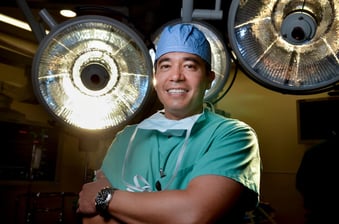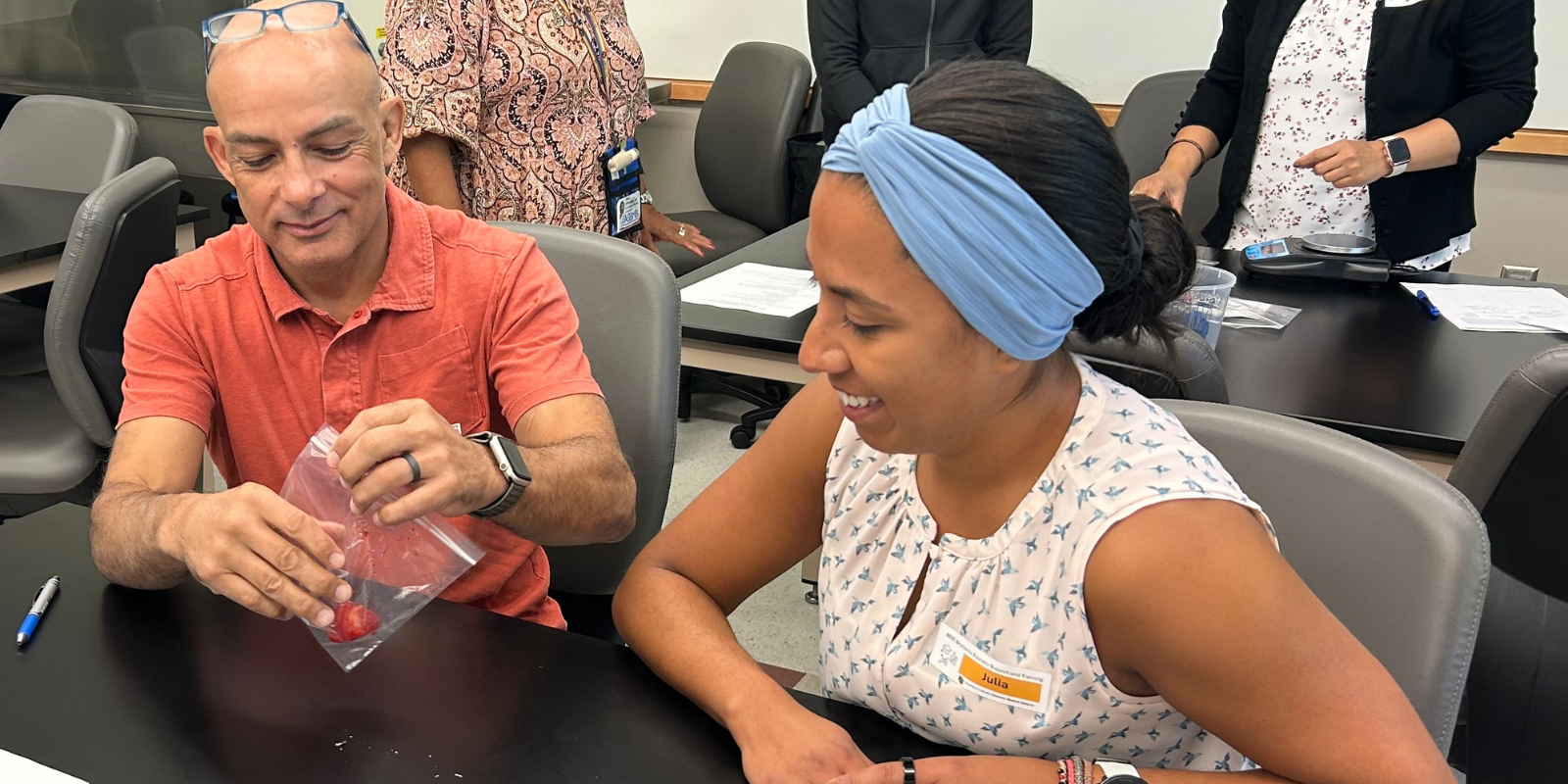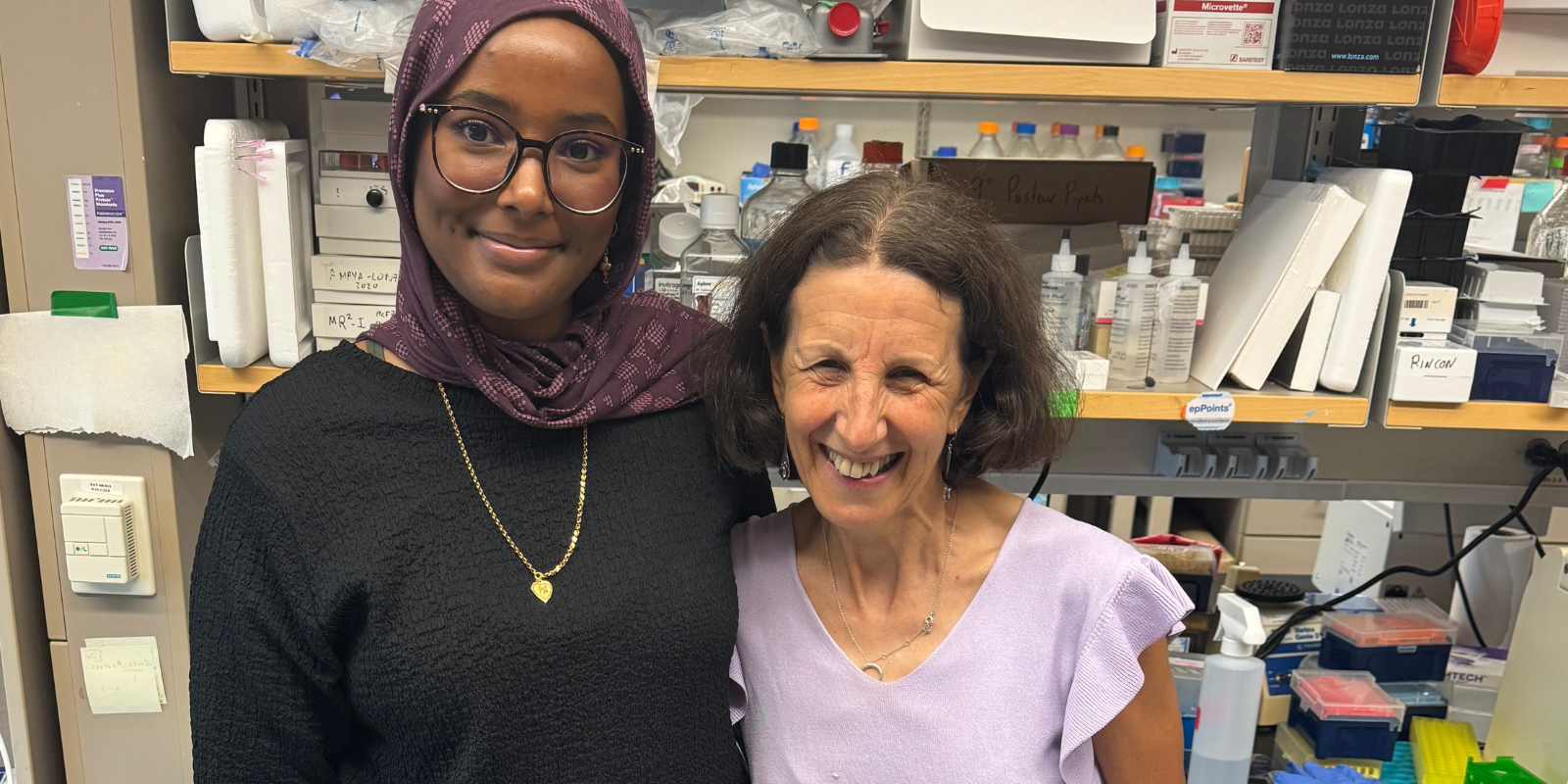For the past 20 years, the Union for International Cancer Control has designated February 4 as World Cancer Day — a day to raise awareness, improve education, and catalyze personal, collective, and government action around the deadly disease. The organization hopes to reduce the number of premature deaths from cancer and noncommunicable diseases by one-third by 2030.
At the University of Colorado Cancer Center, Director Richard Schulick, MD, MBA, views World Cancer Day as the perfect time to remind patients, health care professionals, and the citizens of Colorado of the Cancer Center’s mission and priorities.
Richard Schulick, MD, MBA
“The World Cancer Day theme, ‘I Am and I Will,’ asks participants to reframe the phrase to emphasize their personal commitment to fighting cancer,” Schulick says. “We offer this version of the phrase, based upon our mission statement: ‘We are the CU Cancer Center and We Will Prevent and Conquer Cancer. Together.’”
He also added his own personal statement:
“I hate cancer. I am a surgical oncologist and Cancer Center director, and I will not stop until we wipe out cancer. Then I will retire,” Schulick says.
Dedicated to overcoming cancer
Founded in 1985, the CU Cancer Center is the only National Cancer Institute-designated Comprehensive Cancer Center in the state of Colorado. Its mission is to unite its community to overcome cancer through innovation, discovery, prevention, early detection, multidisciplinary care, and education.
“We are trying to put an end to 1.9 million Americans being diagnosed with cancer every year and 600,000 dying every year,” Schulick says, noting that in Colorado, cancer is the number-one cause of death, outpacing heart disease and stroke. “Cancer can be random. You can live the healthiest lifestyle, you can do everything right, and you still get cancer.”
A multidisciplinary approach
One of the most effective tools the CU Cancer Center has in its fight against the disease is its multidisciplinary approach that puts health care experts from a variety of specialties together to work on each patient’s case.
“Traditionally, cancer patients might see an internist who suspects cancer, who refers the patient to a radiologist for a biopsy,” Schulick explains. “After a diagnosis is made, the patient may then be referred to a surgeon, who may want the patient to get chemotherapy first and refers to an oncologist. The oncologist may also want the patient to get radiation and refers to a radiation oncologist. Unfortunately, seeing each of these specialists sequentially can take a long time. And if these physicians never get together, it can be hard to put together the big picture that leads to the best treatment plan.
“The best care is when you have everyone sit down together to look at the big picture and set a course,” he continues. “That’s what we do in our multidisciplinary clinics. A patient spends the morning doing all needed diagnostics, and then in the middle of the day, 30 or more experts from across treatment fields meet to discuss the case, and then in the afternoon the patient meets with their team to decide on the best path forward.”
The personal connection
Other strengths of the CU Cancer Center include giving patients access to clinical trials of new treatments and medication and conducting research on cancer and its treatments, especially in underrepresented and understudied patient populations.
It’s all part of a mission that, for Schulick, has a very personal dimension.
“My father passed away from metastatic colorectal cancer when I was young, and my mom survived many decades after being treated for breast cancer,” Schulick says. “I’m studying cancer and treating cancer patients with a selfish interest. I want to do this not only for all of us, but I want to do it for me and my family. We’re all in this boat together.”




